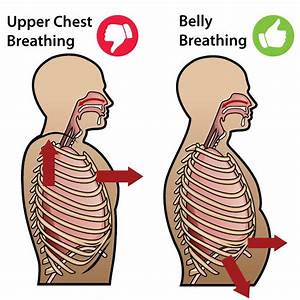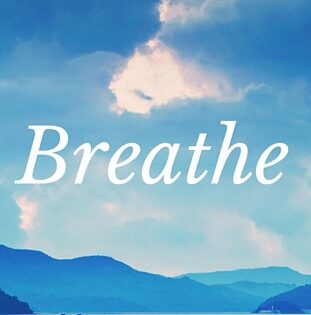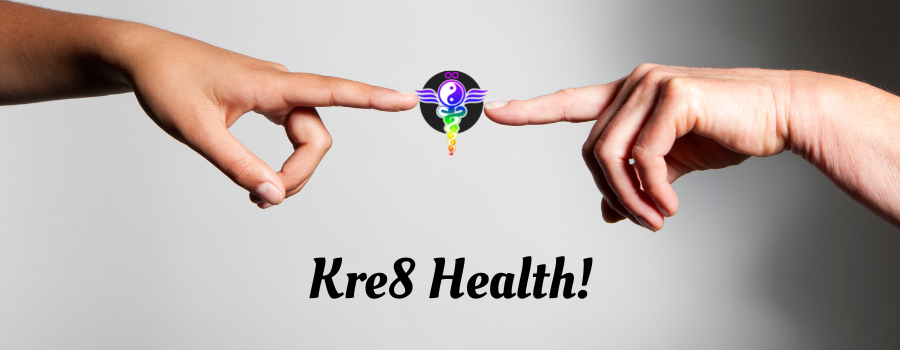"The Breath Knows How To Go Deeper Than The Mind"
~Wim Hoff
Are you breathing?
Silly question, right? Of course, you are! You’d be in trouble if you weren’t.
We all breathe automatically; our body does it without our conscious awareness to get oxygen in, nutrients to the cells, and toxins out. All day long, we breathe and stay alive because our autonomic nervous system takes care of proceedings. We don’t notice it until our breathing pattern changes due to physical exertion or mental/emotional stress. Most of us never even realise that we’re breathing unless we’re exercising or having a panic attack! But, while we all breathe, the majority of people have an inverted breathing pattern at rest, whereby they breathe into the top of the chest, rather than deep into the lungs.

A functional breath should fill the lungs from the bottom up, causing expansion in the belly before the chest. The first two-thirds of the breath should be observed in the belly, with the last one-third seen in the rise of the chest.
An inverted breathing pattern is very common, especially when we get stressed out. When we perceive stress, our breathing rate tends to become faster and more chest-dominant. It’s part of the fear response. Our emotions, feelings, and thoughts activate the sympathetic nervous system and hormones related to survival, which causes muscles in the neck and shoulders to be overworked to help expand the rib cage to get more oxygen in. This can cause tension in the muscles, resulting in stiffness in the neck and shoulders and reduces the body’s ability to remove toxins, leaving our inner environment more acidic and, therefore, more susceptible to disease.
Conscious breathing is one of the best ways to calm our nervous system in times of stress.
Many methods and breathwork techniques out there can change your inner state of being. However, the first thing to do is to become aware of your breath and breathe consciously.
I like to start each day with breathwork. Morning tends to be the best time to practice because when you have an empty stomach after your night’s sleep, the body isn’t being chemically challenged by the digestive process. Just 5-10 minutes of conscious breathing at the beginning of your day can get your nervous system balanced, increase the alkalinity of your body, get more oxygen to your cells, reduce inflammation and generate coherent thought patterns.
There are many techniques that I like, box breathing being one of my favourites, which I recommend to my clients. Box breathing involves inhaling through the nose for four seconds, holding the breath for four seconds, exhaling through the mouth for four seconds, and finally holding the lungs empty for another four. This method has been used in the military. It’s great in times of perceived stress for calming the mind and body and increasing the ability to focus.
Another great breathwork practice is to make the exhalation longer than the inhalation.
Try breathing in for 4 seconds, holding for 7 seconds and exhaling for 8 seconds. This method can be particularly useful if you are having trouble falling asleep at night.

There are lots of more advanced techniques that can actually help us to achieve higher states of consciousness by activating our natural psychedelic brain chemicals, enabling us to experience different dimensions.
The breath is truly magical, especially when we know how to use it.
For now, though, I would suggest just becoming aware of your breathing. Do it at home, in the office, in your car, whilst walking. Just notice the air going in through your nose, filling your lungs, feeding your cells and keeping you alive.


